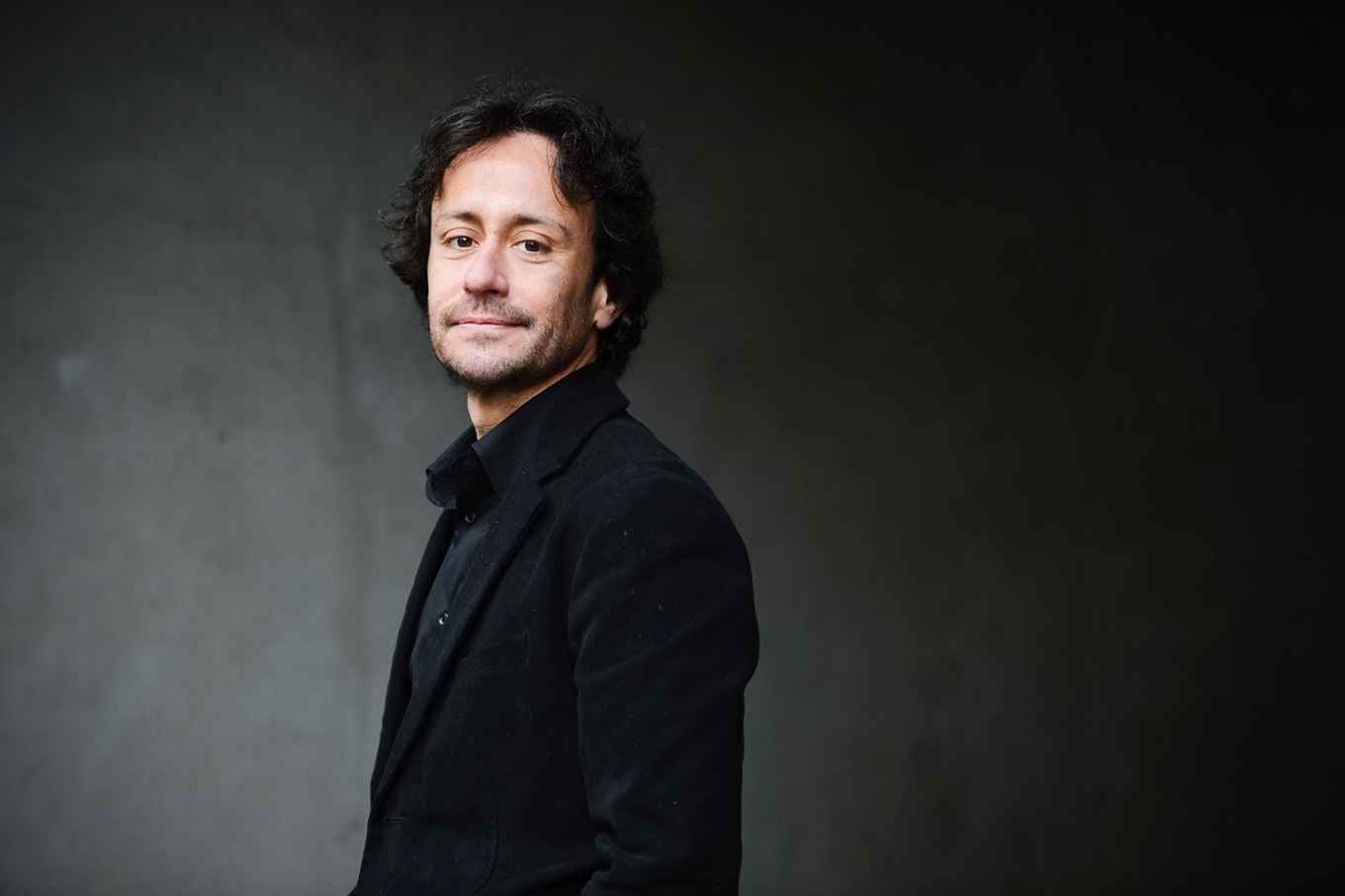Francesco Berto, professor of Philosophy
15 October 2013

Francesco Berto’s research focuses on metaphysics, in particular Meinongianism (the theory of objects put forward by the Austrian philosopher Alexius Meinong), ontological commitment and modal metaphysics (the study of the ontological status of possible worlds). He also studies what’s known as continental philosophy, with a particular focus on the dialectic and rationalist philosophers, and the philosophy of logic and computational philosophy.
Berto was appointed senior university lecturer at the University of Aberdeen (UK) in 2012, where he was a member of Crispin Wright’s Northern Institute of Philosophy. He is a principal investigator with the Early Career Researcher project ‘The Metaphysical Basis of Logic’, which is funded by the UK’s Arts & Humanities Research Council. Prior to that, he worked as a research fellow at the University of Padua and at Ca’Foscari in Venice, and at the Institute for Advanced Study at the University of Notre Dame (Indiana, US). He was also a Chaire d’Excellence postdoctoral fellow at the École Normale Supérieure (Sorbonne, Paris).
Berto has written a number of monographs and many essays for publications, including Philosophical Studies, The Philosophical Quarterly, Synthèse, Review of Symbolic Logic, Australian Journal of Philosophy, European Journal of Philosophy, American Philosophical Quarterly and Dialectica. He is also an editor for the Stanford Encyclopedia of Philosophy. In 2007, his book Teorie dell'assurdo (‘Theory of the Absurd’) won the Castiglioncello Prize for young philosophers. In 2010, Berto’s alma mater, the Ca’Foscari University of Venice, awarded him the Ca’Foscari research prize for young researchers.